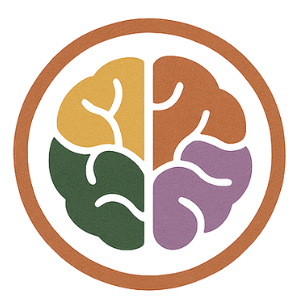When Autism Disables: Living the Reality of Migraine, Burnout, and Limits
This week I had the most severe migraine of my life.
It was not just a headache. It was an all-encompassing neurological event. My brain felt squeezed by invisible hands. Light stabbed at my eyes. Moving my head or shifting my gaze made me nauseous. I could not eat. I could not think. I ended up lying on the bathroom floor for an hour, waiting for the world to stop spinning.
The next day, I was not better. The migraine had receded, but I was left in what is called the postdrome phase—the migraine “hangover.” My head still felt heavy and unstable. I could barely move without feeling sick. I was motion sensitive, exhausted, and unable to tolerate smells or food. I forced myself into a mandatory one-hour meeting for school and then collapsed in tears.
This is not weakness. This is disability.
For a long time, I struggled with that word. I am autistic, and for years I tried to downplay the disabling aspects of my life. I framed it as “different wiring,” as “neurodivergence,” as “a unique perspective.” All of that is true. But it is also true that autism is a disability. Not in a metaphorical way, not just because of barriers society creates—but in the direct way my body and brain sometimes stop me from functioning.
Autism and disability are not separate identities for me. They overlap and intensify each other. Migraines, sensory overload, and autistic burnout converge until I am incapacitated. In those moments, I am forced to confront what it means to live in a body and brain that cannot always keep up.
Disability acceptance is not about denial. It is not about pretending these limits do not exist. It is about saying: this is real, this is valid, and I am still whole. It is about rejecting the narrative that productivity is the measure of worth. It is about making space for the reality that some days, I cannot push through.
I want to be transparent about this because I know many late-diagnosed autistic adults feel guilt when their health collapses under pressure. We wonder if we are lazy, or failing, or “not resilient enough.” But the truth is simpler: autism is a disability. Sometimes it disables us. That is not shameful. It is reality.
By naming it, by accepting it, I can begin to move differently. To ask for flexibility without apology. To center rest as necessary. To design my work and life in ways that align with the body and brain I actually have, not the one I wish I had.
That is the heart of disability acceptance. It is not resignation. It is the foundation for building a life that is sustainable, honest, and livable.
Come as you are, take what you need. I’ll be here.
